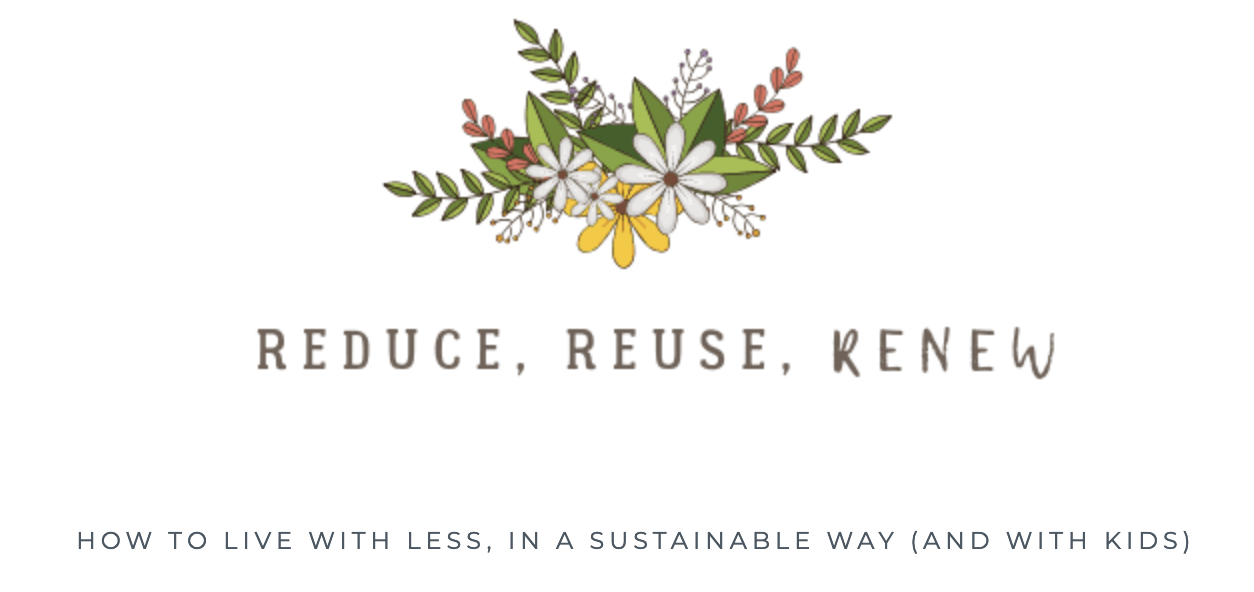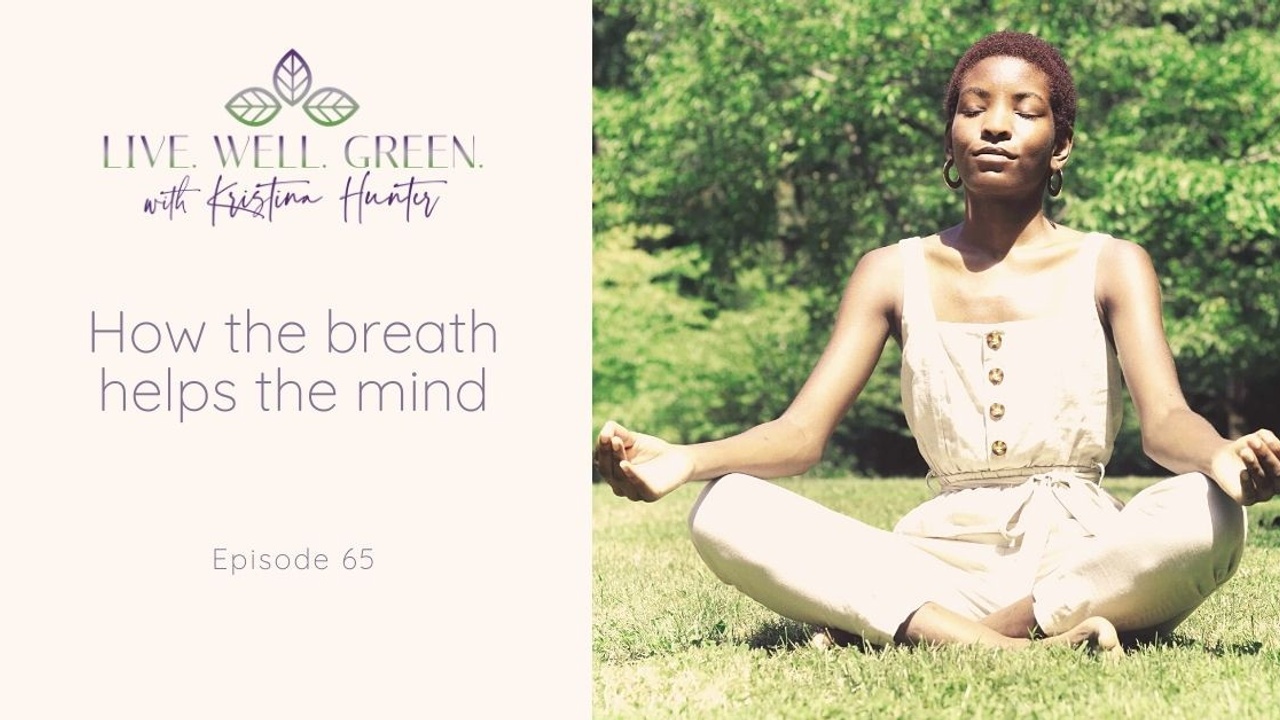Sustainable wellbeing and green living
Let's find ways to Flourish!
How yoga helps you relate to the natural world

"Yoga makes you harmonious with nature and teaches you to be joyfully curious about your inner world." - Debasish Mridha
Yoga is a mind-body practice that has been around for thousands of years and continues to be a popular method of exercise and wellness today.
And good news, it is not just for the fit and flexible. There is a yoga practice for every body type and ability.
Some physical benefits of practicing yoga include increased flexibility, increased muscle tone and strength, lowered blood pressure, better posture, and improved balance.
These physical benefits are accompanied by many mental benefits as well. Yoga practices often incorporate meditation and breathing exercises in order to reduce stress, increase awareness of your body and movements, aid in sleep, and increase mental clarity.
But even beyond the physical and mental benefits, when we connect deeply with our bodies, we begin to find a new relationship to ourselves and the natural world. Our bodies are made of ...
Raising Eco Minimalists with Laura Durenberger


Why does gardening make us happy?

Have you noticed that spending time in nature is a great way to enhance your physical and mental wellbeing? Well, you are not alone! There is a reason that gardening and walking outdoors and spending time in nature is such a lasting activity that people keep coming back to - and especially during the COVID-19 pandemic.
Are you growing a garden, perhaps for the first time? It turns out there are benefits to us beyond the joy of watching plants grow and reaping the harvest of our efforts. For starters gardening gives us enjoyable light physical activity and, the psychological benefits of gardening include reduced stress, increased happiness, and overall mood enhancement. To learn more about the benefits of gardening, click here!

Similarly, forest bathing - spending time immersing yourself in nature and connecting to the natural world, provides individuals with significant psychological and physiological improvements such as reduced anxiety, stress relief, decreased blood pressure and...
Have you tried JOMO?

These days, it might feel like your entire world is online. When you’re not using your laptop or phone for work, you may often find yourself browsing the internet or scrolling through your social media news feeds. Whether you’re on Facebook, Twitter, Instagram, YouTube, dating apps, your favourite news website, or all of the above, there is a good chance you spend a decent-sized chunk of your day online.
Not only can this end up being a major waste of time, but you are actually consuming and internalizing this content whether you realize it or not! Have you ever noticed that you experience an influx of negative emotions after consuming certain types of online content? Perhaps you feel like your life isn’t as exciting as your favourite social media influencers’, your extracurricular activities aren’t interesting or “on trend,” or your achievements aren’t actually that impressive. Unfortunately, the list can go on and on.

Social media promotes FOMO
While many of us are aware of the ...
Restoring Musical Instruments

It is quite possible that throughout the course of your life you have accumulated at least one, if not multiple, musical instruments that you no longer have a use for. It might be an instrument that you played when you were younger, one that was passed down to you or one that needs some repair. Perhaps you’ve picked up an instrument as a hobby and lost interest, are a musician who has cycled through instruments over the years, or maybe you know someone else who no longer has a use for the instruments they have acquired.
Whatever the case, deciding what to do with an unused instrument can be difficult. While many may choose to simply throw away their instruments, especially if they are broken, there are other options that not only benefit the environment, but other people as well!
Embodied energy
When deciding on what to do with your old or broken musical instrument, it is important to think about its embodied energy. Embodied energy is the sum of all the energy that is required in o...
Forest Therapy

Forest bathing is a mental and physical wellbeing exercise that emerged in Japan in the 1980s, and is a tool of Forest Therapy. The Japanese name, shinrin-yoku, can be directly translated into the English words “forest” and “bath.” This exercise, as its name suggests, involves immersing yourself in nature and connecting to your surroundings through sight, sound, touch, smell, and taste.
Therapeutic effects of forest bathing
Forest bathing is not only a relaxing and peaceful activity to partake in, but it also has many therapeutic effects. Spending time in a forest can provide individuals with significant psychological and physiological improvements such as anxiety, stress relief, decreased blood pressure and heart rate, pain management, and improvements in certain mood disorders.
Additionally, scientific studies have identified that forest bathing may result in improved immune function. This increased immune response is thought to be caused by human inhalation of natural chemicals r...
Ubuntu

Ubuntu is a term that originates from a Nguni Bantu language spoken in Sub-Saharan Africa. In its most simple form, ubuntu can be translated to the English word “humanity.” This translation, however, doesn’t do the term justice, as it can also be translated to the more complex expressions “I am because we are” and “humanity towards others.”
Ubuntu is more than a simple word or phrase. It also has philosophical associations, as Ubuntuism was accepted in Southern Africa in the 1980s and 1990s as a kind of humanist philosophy. In this context, Ubuntu means “the belief in a universal bond of sharing that connects all humanity.”
As you may be able to gather from the definitions and translations provided above, Ubuntu is about togetherness and sharing the burden of our actions and their impacts. Despite how it may feel at times, we are not alone in this world. Our existence is shared and our actions, whether they are positive or negative, impact us all.
This concept of humanity as a singl...
Nap Rooms in the Workplace

Have you ever found yourself nodding off at your desk or falling asleep on the job? While this can be embarrassing if caught, some workplaces are actually encouraging their employees to take naps during the day! Napping at work might sound unproductive, but in reality, the negative effects you may be experiencing due to lack of sleep might be causing your performance to decrease.
Some symptoms of not getting enough sleep include lack of concentration, headaches, irritability, and reduced ability to remember and keep track of things. In the long term, sleep deprivation can cause serious health issues such as hypertension, heart attacks, and a weakened immune system. While making sleep a priority and getting a full 7- 8 hours is one way to reduce these negative effects, taking a nap during the day is another option!
Companies with nap rooms/pods
People’s lives are often fast-paced, resulting in seemingly not enough hours in the day. With so many errands to run and tasks to complete, p...
Digital Detox

Do you know that feeling of losing time when you are immersed in technology? Or perhaps feeling a little groggy after too much time with screens? Sure, we all can fall into this trap. Many of us are using electronic devices and looking at various screens for large portions of our day. This may have increased due to working remotely, or just a habit that has crept into our modern lives.
Whether you find yourself scrolling through social media throughout the day, binge watching television, or sending off dozens of emails and texts, there is a good chance that you are letting electronics take up time that you could be spending on other things that you value more. While some forms of electronic use can be vital to your day for work or communications, it can be beneficial to take some time away from the digital world and regroup.
This can be done through a digital detox which entails setting boundaries regarding your electronic device usage or physically separating yourself from your cell...


